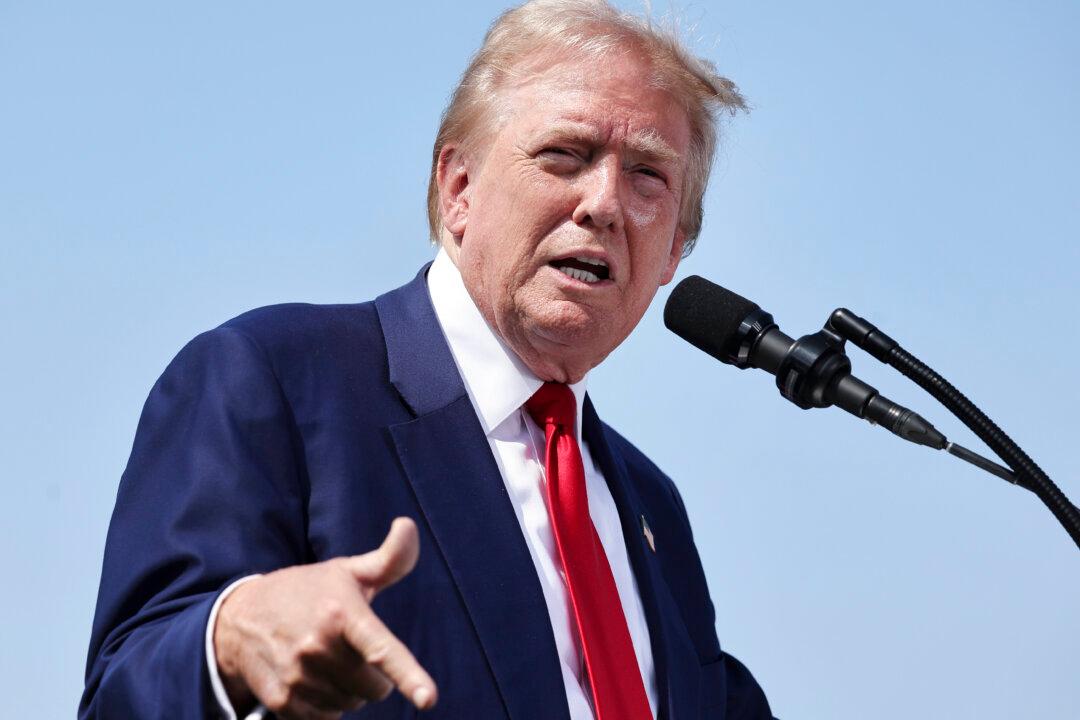A federal judge has ruled against former President Donald Trump in a case that was brought after he used a popular song in a video during his 2020 presidential campaign without the permission of the artist.
U.S. District Judge John G. Koeltl said in the Sept. 13 ruling that Trump did not show that he met exceptions laid out in copyright law in defense against the suit, which was brought by musician Eddy Grant over the song “Electric Avenue.”





